There is little prospect that the ban on moving livestock from Britain to NI will be lifted in the near future, senior DAERA officials have suggested.
The ban on livestock imports from Britain came into effect in November 2023, following outbreaks of bluetongue on farms in the east of England. To date, 123 cases of the viral disease have been detected on 73 premises.
There have been calls for the import ban to be relaxed so that livestock can enter NI if they are coming from areas far away from the outbreaks in Kent and Norfolk. However, NI chief vet Robert Huey told MLAs last week that this model of disease control, known as regional freedom, could not be rolled out quickly, or cheaply.
“The likelihood is that the disease has spread beyond the control zones. We know it’s in Britain, but we don’t know where it all is.
“If you want regional freedom, you have to do surveillance, but that hasn’t been done yet […] and it would cost a lot of money,” Huey said.
More cases
The chief vet also said it was likely that there would be more cases in Britain over the coming months, given that there have been 6,000 outbreaks in the Netherlands and the disease is spread by midges.
MLAs were told that the livestock belonging to NI farmers that are currently stranded in Britain are worth around £500,000 in total.
“My first priority is to keep bluetongue out of the island of Ireland for as long as we possibly can. There is no vaccine for this particular strain. It would be very hard to stop once it gets on to the island,” Huey said.
Neil Gartland from DAERA said the department’s veterinary risk assessment shows “quite clearly” that the main risk of bluetongue entering NI is from an imported animal.
“It is the likely incursion route and is why this [import ban] is protecting against it,” he said.




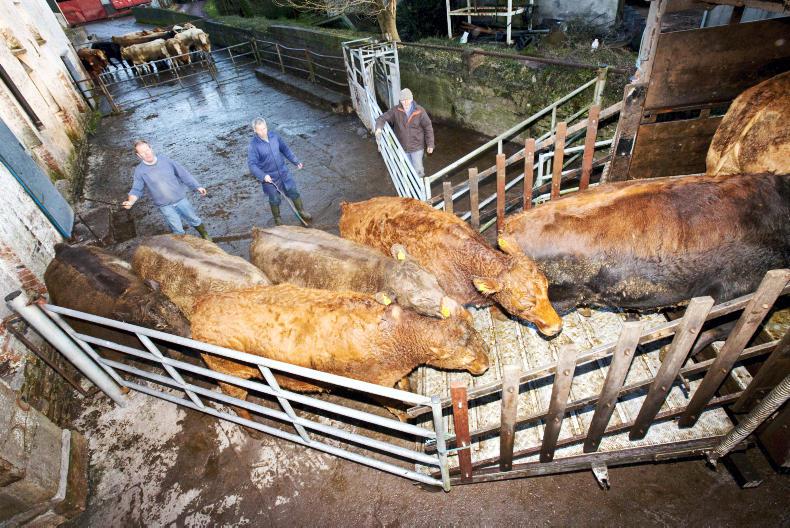
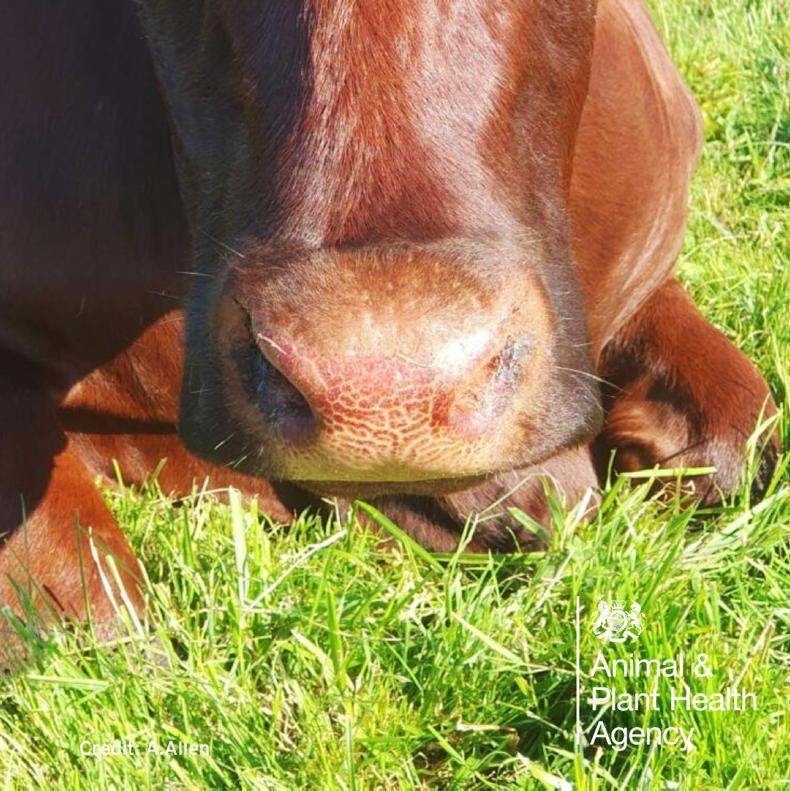
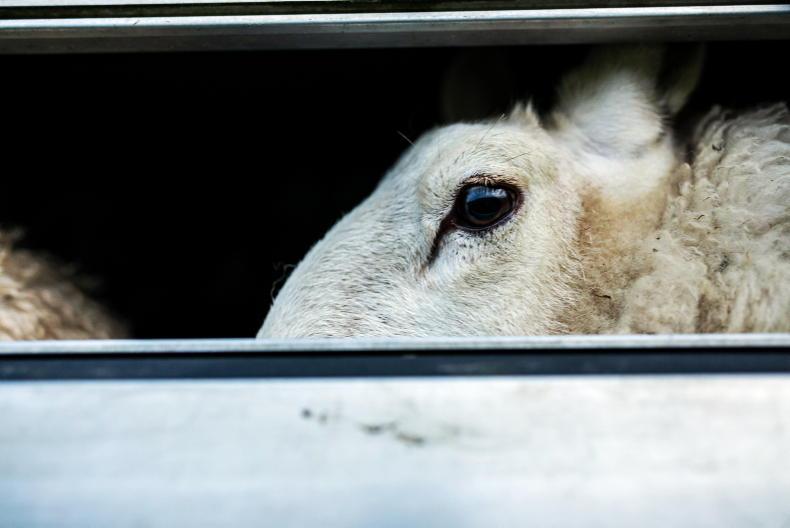
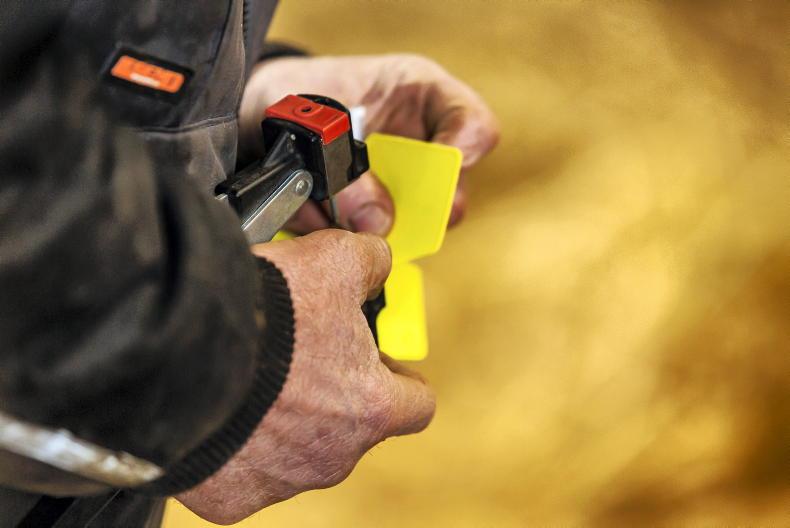
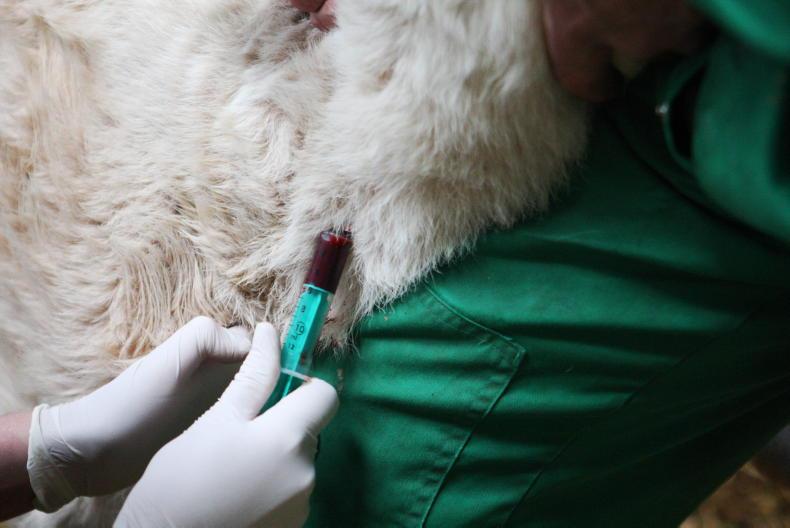
SHARING OPTIONS